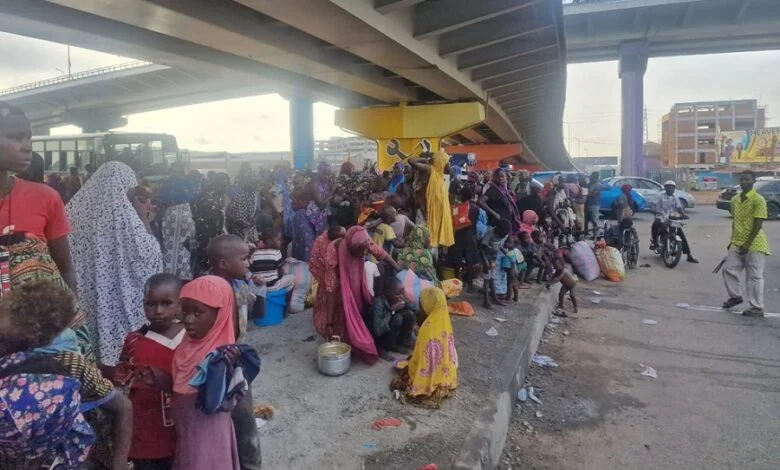The announcement was made in a press release on May 19, 2025. The GIS said it paused the operation to avoid overcrowding at its main Holding Centre in Accra. So far, 925 migrants have already been sent back to their countries—819 to Niger and 106 to Nigeria. But hundreds more still remain in detention, waiting for their deportation to be processed.
Why did Ghana stop arresting migrant beggars?
The GIS explained that they had to stop new arrests because the center where detainees are held is full. Officials are currently handling large numbers of detainees by screening them, providing health care, food, and separating them by age and gender. These steps follow international human rights rules, but they are putting a lot of pressure on the immigration system.
Is the operation over?
No. The GIS said this is just a temporary pause. The nationwide operation to reduce street begging and target criminal networks will continue soon. The goal, according to the GIS, is to clean up the streets and ensure only legal migrants are allowed to stay and work in the country.
Is Ghana respecting the rights of migrants?
Yes, according to the GIS, the operation is being done “humanely” and with respect for migrant rights. They added that all detainees are being treated well, with proper food, medical care, and safe conditions. The GIS is also working hard to profile and check the background of each detainee.
The service asked Ghanaians, civil society groups, and the media to support their mission. They also promised that their actions would remain professional and in line with international standards.
Why are most of the arrested migrants from Niger?
The GIS revealed that over 92% of the people arrested so far are from Niger. This has raised new questions about how regional migration affects Ghana’s cities, especially with many migrants turning to street begging for survival. The temporary stop in arrests shows how difficult it can be to handle such large movements of people while still protecting their rights.

